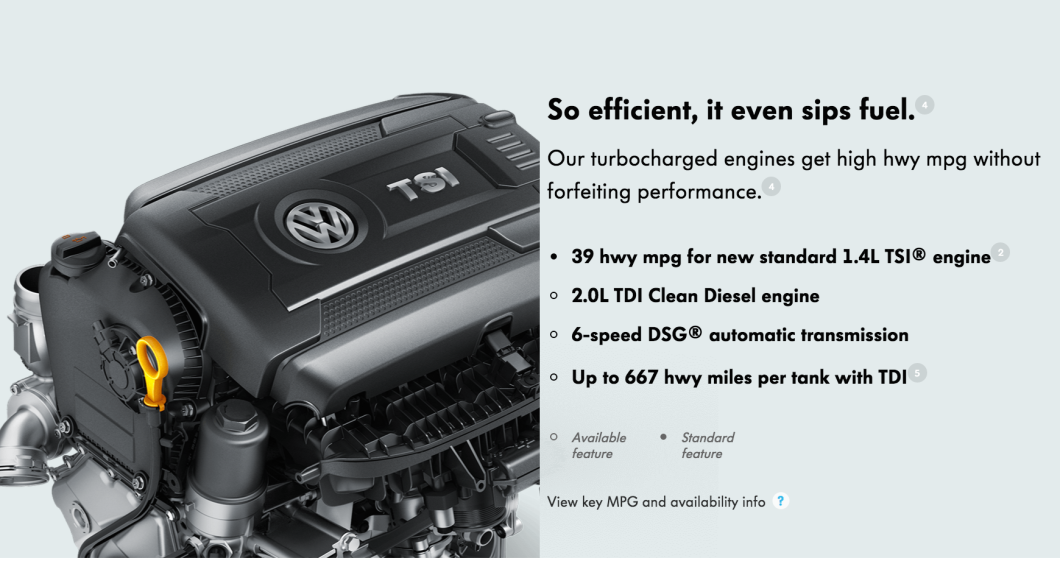New York Is Now Investigating Volkswagen Recall

VW marketed the recalled cars as having “clean diesel” engines. Some believe this constitutes deceptive advertising on the part of the company.
In a very brief statement this afternoon, NY Attorney General Eric “Sort of Rhymes with Spider-Man” Schneiderman said his office had officially opened an investigation into VW’s use of “defeat device” software that only turns on a car’s full emissions control system when it is undergoing an official emissions test. When it’s not being tested, the car may be spitting out exhaust at levels not allowed by law.
Some see Volkswagen’s actions as particularly reprehensible because the cars in question were marketed as “clean diesel” vehicles. Thus, the automaker was deceiving buyers about one of the vehicle’s biggest selling points.
“No company should be allowed to evade our environmental laws or promise consumers a fake bill of goods,” says Schneiderman in a statement. “That is why my office is investigating troubling reports that millions of Volkswagen cars carried software designed to cheat emissions tests that protect our environment.”
New York will almost inevitably be joined by other states looking to pool their investigative resources and score a large enough settlement with VW.
“We look forward to collaborating with Attorneys General across the nation on this matter,” says Schneiderman.
While last week’s recall of three VW clean diesel models and one Audi vehicle only affected around 500,00 cars in the U.S., Volkswagen revealed this morning that the defeat device software was installed in around 11 million cars worldwide.
The company, whose stock price plummeted in the wake of Friday’s announcement, says it is setting aside $7.3 billion to cover the cost of “necessary service measures and other efforts to win back the trust of our customers.”
Following General Motors’ ignition switch debacle — a long-delayed recall that resulted in more than 100 deaths and hundreds of injuries because neither the company nor federal regulators thought it merited a safety risk — and the ongoing recall of millions of cars fitted with Takata airbags that could explode and spew deadly shrapnel, the head of the National Highway Traffic Safety Administration says it’s time for everyone to stop taking things for granted.
“We’re questioning everything now,” said NHTSA chief Mark Rosekind at the Automotive Industry Action Group conference earlier today.
Since taking head of the agency, Rosekind has pushed for NHTSA to make harm-prevention a priority, rather than continuing to focusing primarily on responding to safety hazards after they are already on the streets.
“You have to question all assumptions,” he said today, “you have to question every assumption when information is provided. It’s a very different place to start, and again, it’s part of the reactive part that is very dangerous for all of us.”
He acknowledges that, much like the Takata issue that involves multiple car companies, there may be other carmakers using similar software to VW.
“Every time we have an individual automaker, OEM or supplier that we find an issue, your first question has to be, ‘How extensive is it through the whole industry?’” noted Rosekind. “You don’t know if it was a unique case or other people doing it.”
Want more consumer news? Visit our parent organization, Consumer Reports, for the latest on scams, recalls, and other consumer issues.

